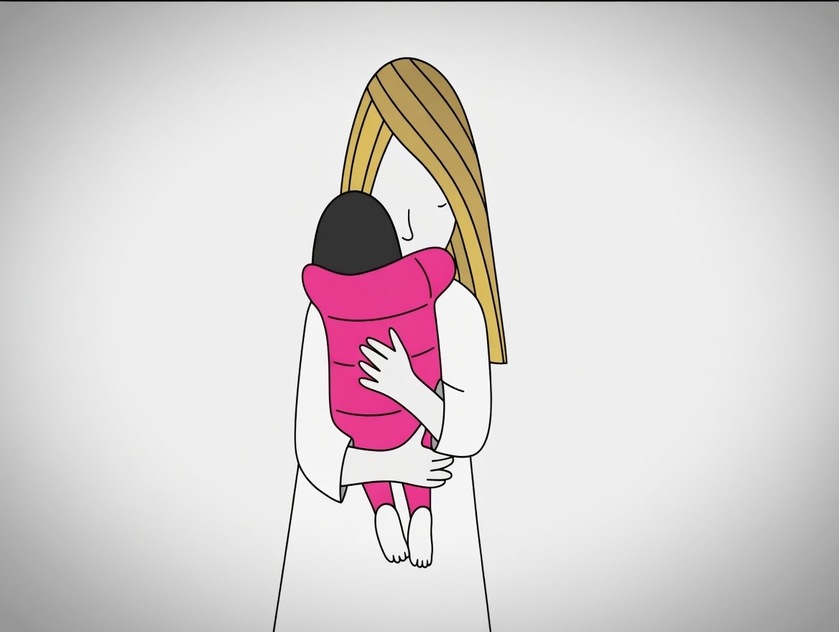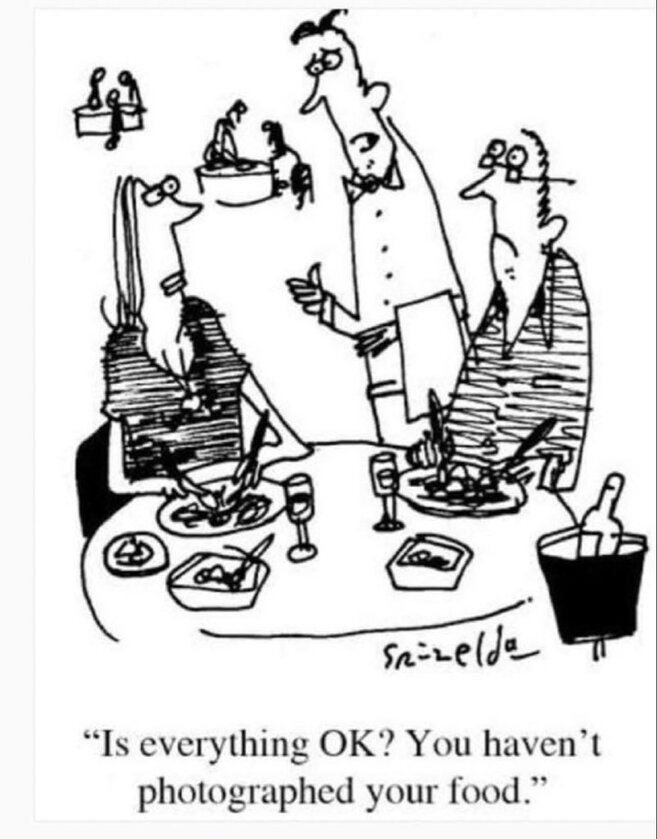Happiness is not something you have to create. Rather, it’s something that is always trying to occur naturally. But for unhealthy people it is being blocked.
Like Empathy. It’s not something you do. It’s something you experience naturally. If you’re not experiencing it, the only reason this can be is that there is an obstruction.
Water hose. Water pipes. Water faucet. WiFi connection.
Do you know how your water faucet works? When you turn the knob, does the faucet cause the water to flow? No! The water faucet does not ‘cause’ water to flow. The water is already trying to flow on its own.
What the water faucet in your house does is actually stop it from flowing.
When you turn the handle on your sink, what you are literally doing is putting an end to obstructing the flow of water that is already trying to occur naturally.
This is the truth for happiness, contentment, empathy, love, and all of these good qualities and states. It’s not a matter of making them happen - that is an unhelpful perspective to have about what is actually occurring. It is more helpful to think of them like the water that wants to come out of your faucet - they are trying to flow, but something you are doing is obstructing them from flowing.
Recovery involves learning about the obstructions preventing you from experiencing these things and then clearing out any obstructions from those pipes.
NEW TOPIC
Question: Why do people become more bitter as they get older? Did they make bad choices or does life just get harder?
Last Symptom Answer: A lot of disillusionment happens over the years, a lot of necessary readjustments in perspective between what you assume about life and the reality. Then acceptance sets in, and with that, contentment starts to return.
NEW TOPIC
John Muir, an 'uneducated' man
From Wikipedia:
Pursuit of his love of science, especially geology, often occupied his free time. Muir soon became convinced that glaciers had sculpted many of the features of the Yosemite Valley and surrounding area.
This notion was in strong contradiction to the accepted contemporary theory, promulgated by Josiah Whitney (head of the California Geological Survey), which attributed the formation of the valley to a catastrophic earthquake.
As Muir's ideas spread, Whitney tried to discredit Muir by branding him as an amateur. But Louis Agassiz, the premier geologist of the day, saw merit in Muir's ideas and lauded him as "the first man I have ever found who has any adequate conception of glacial action".[35] In 1871, Muir discovered an active alpine glacier below Merced Peak, which helped his theories gain acceptance.
NEW TOPIC
The only time dad asked what I was thinking, doing, singing, was to find fault with it - to get me into trouble, to shame me, to find something wrong with it. (The time on the porch I was singing and he ‘caught’ me, and asked what I was singing. I couldn’t bring myself to tell him, because I didn’t know how he had in mind to use it against me or to belittle me.)
NEW TOPIC
Question: So the topic I was thinking of for you to talk about was Hoarding. I could be wrong, but I have seen it with a few people with personality disorders of some sort.
Last Symptom Answer: Any and all compulsive behaviors have the same underlying causes. If not hoarding, it might be sex addiction, any addiction, alcoholism, OCD, cutting, so forth. Like plugging the hole in a dam that has built up too much water pressure behind it: The pressure is still there, the water will simply search out other weak spots from which to escape.
All compulsive behaviors are a sign that somebody is dealing with intense, unconscious, unrecognized inner 'pressure', or stress factors. The compulsive behavior is water that has broken forth from a weak spot in the 'dam', so to speak.
Compulsive behaviors are merely an unconscious or subconscious coping mechanism for some underlying emotional discomfort. Dying hair a different color every month, getting a new pet all the time, compulsive buying/spending, constantly moving, settling down but then getting restless, are all signs of this. Inner peace is not there. Something deep down is upsetting them. That 'something else' can always ultimately be traced back to the person living with an inappropriate understanding, or attitude, about the nature of worth.
NEW TOPIC
Facts plus their implications. Spending time drawing out implications rather than simply taking a thing at face value and moving on.
Example: You unconsciously view your feelings as no different than having taken an action. Furthermore, you believe feelings can be categorized as being good or bad, right or wrong.
You might have the realization that these things are a reality about yourself that you live with, but now you have to spend a long time thinking about the broader implications of what this means. What effects has this had on every aspect of your life? How have these underlying beliefs improperly informed other perspectives you live with, and what have been the unhealthy results?
Example: You don’t view human value as an inherent part of being a person.
Example: Fear of abandonment is your child view of the world, but you’re no longer a child or dependent on others.
Example: Happiness is a natural state.



















